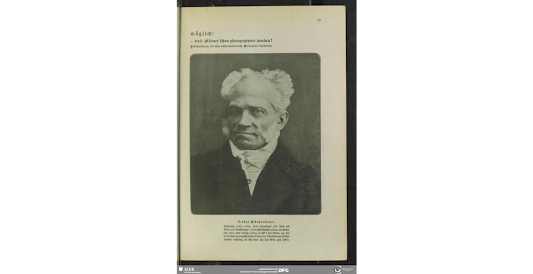I am, of course, on a perpetual hunt for the transmutations of matter and symbol in the newspaper. As I wrote in a post last week, unsustainable growth is a function of unsustainable inequality – the only way to keep the mass of people, who grow absolutely poorer if power over the limited amount of goods and services goes disproportionately to a small group of people, is to make sure there is a margin that would keep the mass relatively stable. That’s pretty much been our political life since the mid 80s in the U.S. The question has always been – when are we going to run into a wall? People like myself, who can’t stand the falsity, ugliness, injustice and claustrophobia of the money order are all too prone to see walls – for instance, the wall that seemed to loom up in 2002, as the tech bubble burst. One of the good things about Gregory Clark’s book, Farewell to Alms, is that he does make clear that we live in a Malthusian world – no matter what the new growth people think, you cannot, by taking thought, grow a cubit. That doesn’t mean that the earth cannot accommodate a lot of people – that doesn’t even mean that growth is bad – but it does mean that no system that we know of will allow human beings, who average less than two hundred pound each, to use up as much energy in a year as blue whales, who average 238,000 pounds each. At the moment, of course, Americans do – in effect, on today’s earth, there are around 300 million blue whales in the U.S. – about 500 million in Europe – maybe 50 million in China, etc., etc. I can’t imagine that the world is going to support 10 billion blue whales. Perhaps my mind isn’t sci fi enough.
Martin Wolf, the conservative economics columnist at the Financial Times, seems to be suffering through such a crisis of nerves, do to the distant sound of collapsing ponzi scheme in the financosphere, that he is becoming all Al Gore like. Or maybe he has been reading Gregory Clark, too:
“What is less widely understood is that they have also transformed politics. A zero-sum economy leads, inevitably, to repression at home and plunder abroad. In traditional agrarian societies the surpluses extracted from the vast majority of peasants supported the relatively luxurious lifestyles of military, bureaucratic and noble elites. The only way to increase the prosperity of an entire people was to steal from another one. Some peoples made almost a business out of such plunder: the Roman republic was one example; the nomads of the Eurasian steppes, who reached their apogee of success under Genghis Khan and his successors, were another. The European conquerors of the 16th to 18th centuries were, arguably, a third. In a world of stagnant living standards the gains of one group came at the expense of equal, if not still bigger, losses for others. This, then, was a world of savage repression and brutal predation.
The move to the positive-sum economy transformed all this fundamentally, albeit far more slowly than it might have done. It just took time for people to realise how much had changed. Democratic politics became increasingly workable because it was feasible for everybody to become steadily better off. People fight to keep what they have more fiercely than to obtain what they do not have. This is the “endowment effect”. So, in the new positive-sum world, elites were willing to tolerate the enfranchisement of the masses. The fact that they no longer depended on forced labour made this shift easier still. Consensual politics, and so democracy, became the political norm.”
And:
“The age of the plunderer is past. Or is it? The biggest point about debates on climate change and energy supply is that they bring back the question of limits. If, for example, the entire planet emitted CO2 at the rate the US does today, global emissions would be almost five times greater. The same, roughly speaking, is true of energy use per head. This is why climate change and energy security are such geopolitically significant issues. For if there are limits to emissions, there may also be limits to growth. But if there are indeed limits to growth, the political underpinnings of our world fall apart. Intense distributional conflicts must then re-emerge – indeed, they are already emerging – within and among countries.”
Indeed – to quote Omar from The Wire. Socialist democracy might not be dead, after all, in spite of its End of History gravediggers.
.png)


3 comments:
Most of the energy I've used in my life has come from doing work that shouldn't be done. Most of that work has been expensive and will need to be undone or repaired, expensively, at some future point. It's also gotten greener, cleaner and leaner over the years and those qualities have become socially respectable. We could have quality of life enough for anyone at a dolphin level, if we wanted to.
I agree, Mistah Scruggs! I'm happy to hear you say that - I worry about your gloomy gus side. But, underneath the curmudgeonly exterior, the squirrel huntin' man of action, I know that you are, in reality, - a man with a heart as big as Captain Kangaroo's!
Well, I can't resist this:
I I wish we could swim
like dolphins, like dolphins can swim...
And the state was on the other side... merry Christmas!
dolphins with hard hats, for the forseeable
Post a Comment